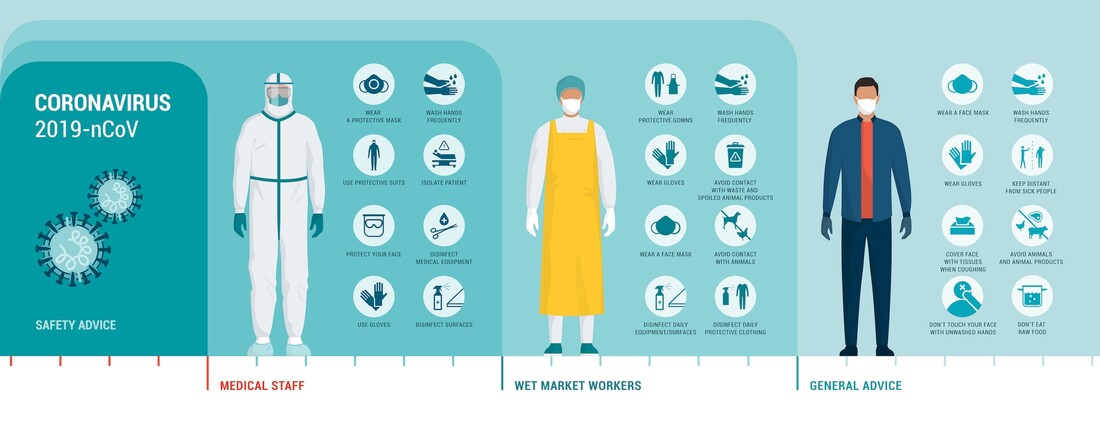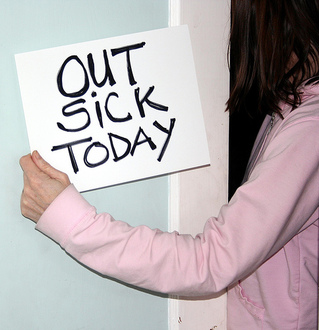
Dominating headlines since the rush of Brexit was swept away and the health crisis began to take a turn during 2020’s Chinese New Year, Coronavirus is on the tip of everyone’s tongue.
With numbers now hitting over 118,000 across the globe 43 in the Republic of Ireland (as of 11th March 2020), this health scare has swept the world’s population. Take a run to your local supermarket and you’ll be hard pressed to find a bottle of anti-bacterial hand wash, soap or hand sanitizer, while people stockpile as the threat begins to loom much closer to home.
Meanwhile, businesses are also feeling the pinch. Flybe has ground to a halt, while businesses within the hospitality & tourism are beginning to feel the domino effect as people decide to stay at home rather than book their summer holidays. Other businesses are awaiting what the impact will be on the wider economy; how many workers will have to take sick leave, either for themselves or a dependent? How will this impact performance? Will businesses simply have to shut up shop?
As the uncertainty rises, it is crucial that you get your HR team ready & waiting for the coronavirus to hit your workforce. Here’s what you can do about it.
Health First
Before we delve into the practical steps that you can take to protect your workers, customers & business during this health epidemic, it is important to note one crucial thing: remember to take health first above all else.
The threat to your business is very real, it’s clear for many businesses across the globe. And while it can be easy to fall into the trap of worrying over the books, it is crucial that you ensure workers, at any level, put their health first. While it is hoped that the hype will die down in the coming months, prepare for the worst-case scenario. You need your staff and they will need you – ensure they have all the support that they need to get back to work healthy and fit in the weeks and months after this virus begins to wane.
What Can Your Business Do About Covid-19?
No doubt about it, Coronavirus is a major threat to your business, your livelihood and Ireland’s economy. But here are some steps that you can take in the fight against this illness:
- Safety First
As people come & go, it is important to put safety first. Display official HSE signage throughout your place of work as well as electronically to all staff and customers. Encourage staff to take regular breaks to wash hands and care for their hygiene. Ensure the necessary hygeine products are available for all staff & visitors nd if needs be, enforce people to care for their hygiene.
Understandably, there is no need to treat your workforce or customers like children. However, kind but firm & consistent reminders will work best in getting the necessary messages across for hygiene purposes.
- Be Clear On Sick Leave
To tackle this, ensure you provide clear policies from your own employer perspective. Ensure all staff are clear on the procedures that they should follow if they feel that either they or someone close to them may have caught the virus.
Task management with the role of overseeing all staff, maintaining regular checks on how their staff are feeling and identifying any possible signs of the virus which should lead to testing of an employee.
If an employee is unfortunate to catch the virus, ensure that they are clear on what sick leave rights they are entitled to and ensure that you fulfil these policies. Maintaining consistent communication between all staff will build trust & provide some clarity to ease any worries staff may feel during this period.
This may sound somewhat regimental, but it is a must if you are to ensure that your business and staff battle coronavirus the right way.
- Provide Work From Home Arrangements Where Possible
However, many businesses in 2020 have the capacity to allow staff to work from home during this epidemic. If your systems are on a cloud and if staff can operate simply from a laptop and/or phone, this will provide the opportunity for staff to self-isolate form the office, better protecting your workspace, colleagues & customers from the virus.
While it could impact some of your operations, this would allow staff to avoid interacting with large groups of people, making infection less likely and the road to a plateauing of the virus much nearer.




 RSS Feed
RSS Feed